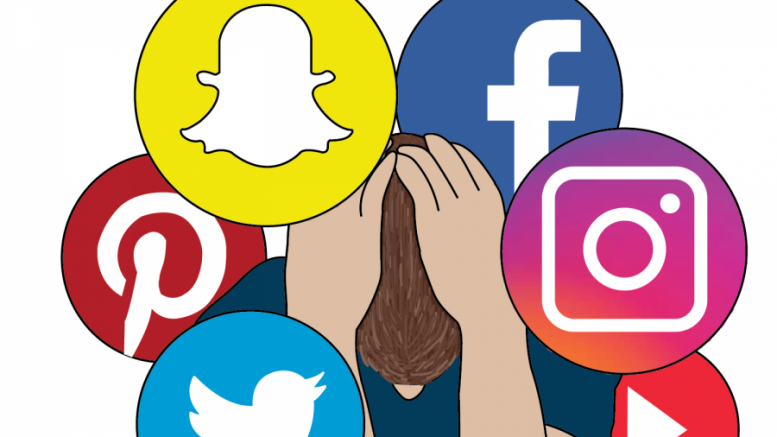
Social media plays a big role in today’s society. Social media platforms such as Twitter, Instagram, Facebook, Snapchat and Tik Tok are the primary platforms used today. The reinforcing nature of social media has caused individuals to become obsessed with it, spending hours upon hours throughout the day on them. The platforms are intentionally designed to be addictive. Most platforms are associated with depression, anxiety and even physical illness.
The earlier an individual starts using social media, the greater the impact the platforms have on their mental health. For example, a child that is given an ipad at 4 years old will feel dependent on an electronic device because that’s what they were given to play with as a child.
Sadly, there is increasing evidence that links social media to increasing rates of suicide. Social media combines technology with social interaction through the internet-based applications such as Facebook, Twitter, Snapchat, Tik Tok and Instagram. Through these applications there are direct messages that are hidden from others. Comments on apps such as Instagram, Twitter, Facebook and Tik Tok can be seen by others. Social media has become a fundamental way for a great number of people and organizations to share opinions, ideas information. Those ideas, opinions and information aren’t always positive and can be very negative and cruel.
There are many ways that social media can increase risk for suicidal behavior. For example, cyberbullying and cyber harassment are serious problems. A survey was given to 2000 middle school children and the results showed that victims of cyberbullying were two times as likely to attempt suicide than those who were not victims. Although social media is not always to blame for suicide, it can increase the risk of suicide by increasing feelings of depression, isolation and hopelessness for those with preexisting emotional, physiological, environmental or mental stressors.
If social media if affecting your mental health negatively, taking a break for a little while is always good to do. If you are feeling depressive or suicidal thoughts, there are people that love and care about you. There are also counselors here at Holmes Community College that would love to help in any way that they can. If you feel as though you cannot talk to someone in person, the national suicide prevention lifeline number is 800-273-8255. You do not have to be actively attempting suicide to call the hotline, anyone in emotional distress can call and use their services.
